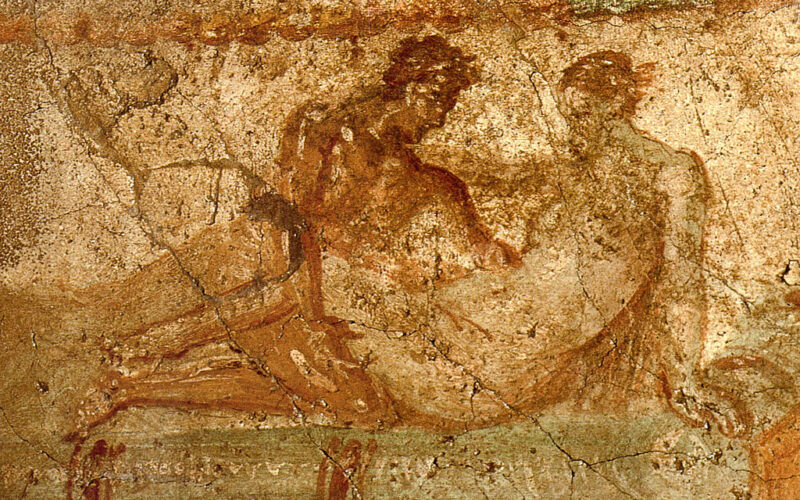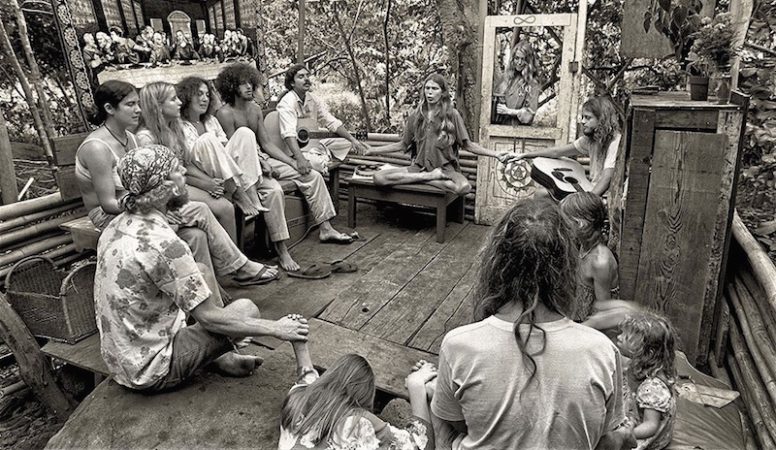
The Cemetery of Forgotten Books: An Elegy for Lost Stories by Carlos Ruiz Zafon
In the depths of Barcelona, within its hidden and subterranean soul, an enchanted and mysterious place resides: The Cemetery of Forgotten Books. In the narrative cycle of Carlos Ruiz Zafón, this place is a labyrinth of volumes and lost stories, a boundless library that preserves the echo of forgotten words, the trace of stories that once enchanted their readers, but which time and oblivion have erased from collective memory.Zafón, with his enveloping narrative style and lyrical prose, invites us to reflect on the fate of books and the stories they tell. In a world where success is often measured in…






